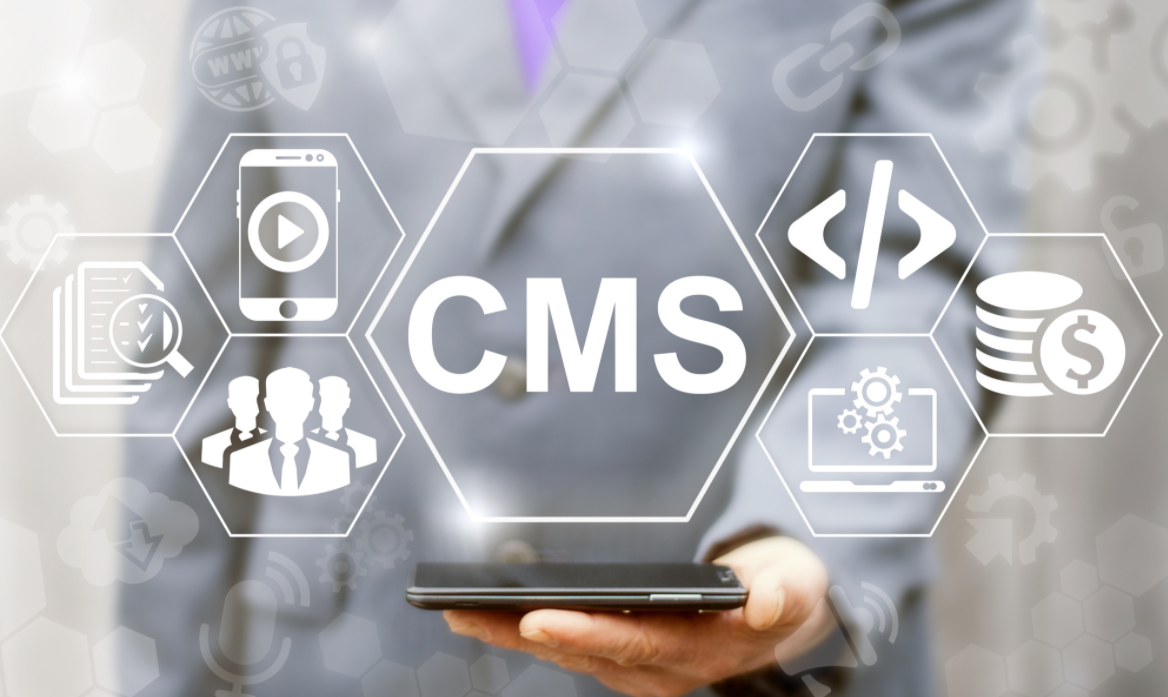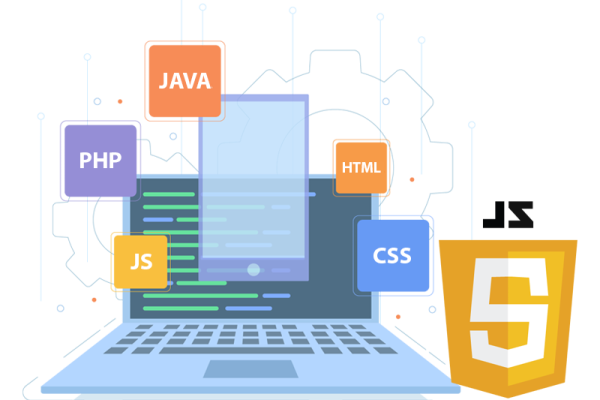So you have an idea for a website, come up with a bunch of content, and have a plan to monetize your work. The question is, how do you bring your idea to life? Most people can’t create a website from scratch. They rely on CMS software to get their sites online in little time. That’s why there are more than 63 million websites that use CMS platforms to run their sites. If you want to make the webmaster experience easy, finding the best content management system is essential. Below are five tips that will help you find the best CMS.
Table of Contents
1. Customization Options
No matter how well a content management system is designed, it won’t meet everyone’s needs. If you want your CMS to fit your business’s needs, the chances are good that you’ll need to make a few modifications.
A customizable content management program uses plugins to add new features to your website. Look through your addon options to ensure a system has the tools necessary to meet your content needs.
2. Flexible User Access
Modern CMS systems have a lot of functionality. The problem comes when you have new users logging into your content system and getting into things they shouldn’t. That’s why it’s essential to lock down your pages, so users only see what they need to do their jobs.
Your CMS should give you the ability to assign roles to your users. You can use those roles to limit CMS access on a page level, so nobody breaks your website.
3. Easy to Learn
Your goal with your CMS program is to make your life as a webmaster easier, not harder. You don’t want to spend hours of your time trying to learn how to make things work.
This also applies to the people who work in your organization. A more straightforward program means your team needs less training to get started.
Having an easy-to-use system also means you can work well with marketing agencies who need access to your site. Look for more info about the type of work they do so you can make sure your CMS meets those needs.
4. SEO Optimization
You don’t want to spend a lot of time and effort creating a lot of content for your website, only to have it seen by no one. If you don’t have a plan to get traffic, that’s exactly what will happen.
Unfortunately, not everyone has the budget to invest in paid ads. That’s where SEO helps. SEO features in a CMS program will help you optimize your site for ranking on Google.
5. Scalable Software
You might be able to get away with a slow CMS system at the start of your web journey. However, as time goes on and your website grows, you can’t afford to have a slow system.
You need a platform that scales as your website grows. Makes sure your CMS choice can handle a lot of traffic, so you don’t have to worry about downtime at critical times.
Now You Know How to Find the Best Content Management System
You can’t afford to spend all your time trying to manage the content for your website. The tips above will help you find the best content management system for your needs. The right platform will make being a webmaster a breeze.
If you want to learn more about managing your web content, head back to our blog to read our best advice.





